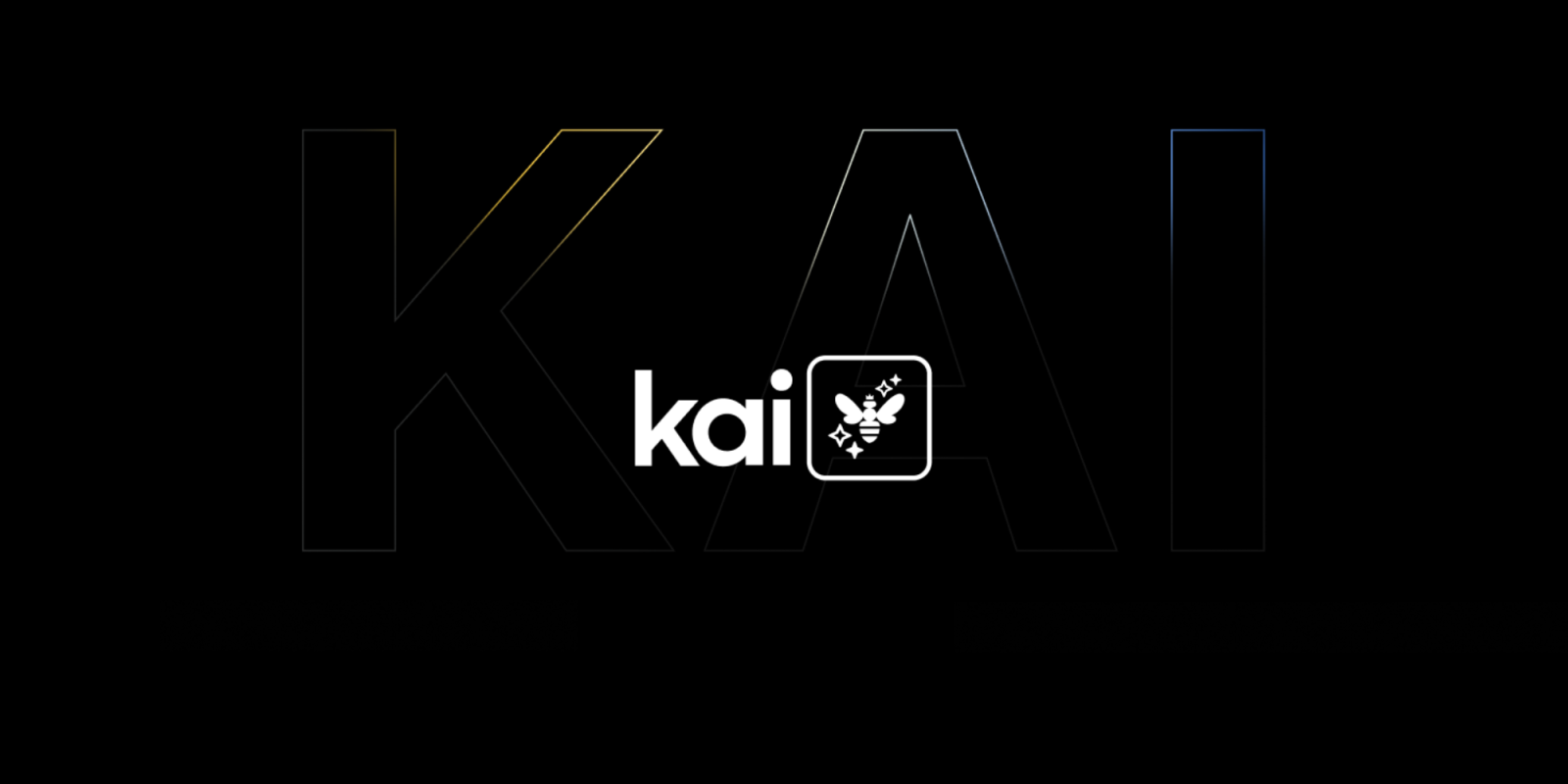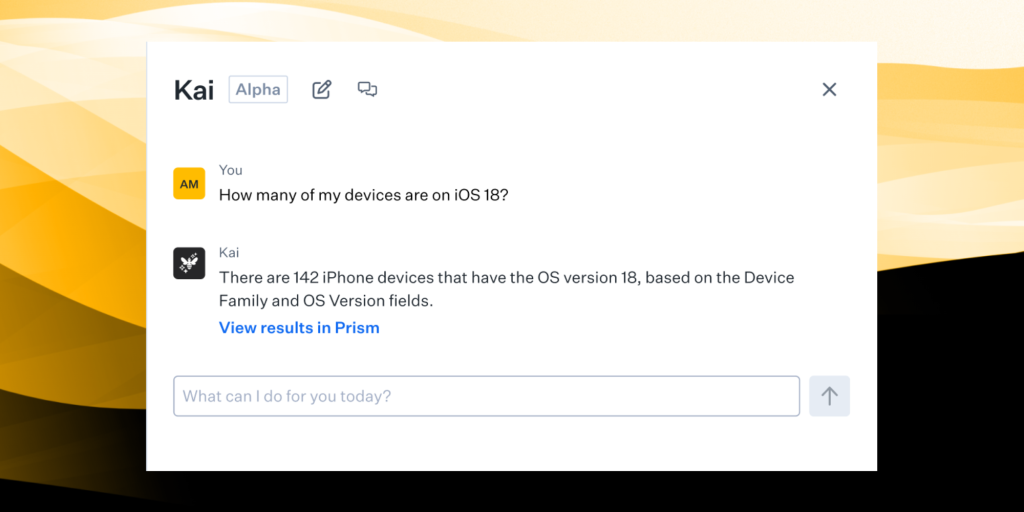
Kandji, a popular Apple device management vendor, has introduced Kai, an AI-powered device management assistant designed to streamline the management of Apple devices within corporate environments. It’s touted as the first of its kind. Kai aims to provide IT teams with instant reporting insights through natural language queries, accelerating workflows and enabling more strategic use of time.
“Today’s IT teams face the challenge of delivering more to meet growing business demands, while navigating shrinking resources. As a result, the pressure to increase productivity is at an all-time high,” said Weldon Dodd, SVP of Global Solutions at Kandji. “Leveraging AI not only drives efficiency, but also amplifies what IT teams can accomplish, allowing them to focus on more strategic projects that drive innovation. Kai opens up a new dimension of efficiency for our customers, helping them to maximize their contribution to the highest value activities instead of being mired in manipulating data to uncover the insights they need.”

Kai builds on Kandji’s existing Prism tool, a reporting system that previously required IT teams to run traditional, filter-based queries to retrieve device data. With Kai, those same queries can be conducted through natural language, so minimal training is required. This advancement allows IT professionals—regardless of technical expertise—to ask simple questions like, “Which devices have Zoom installed?” and quickly get results.
AI meets data privacy
While introducing AI into device management may raise eyebrows regarding security and privacy, Kandji assures customers that data protection is paramount. Kandji’s Kai operates within the existing security infrastructure of Kandji’s platform, with data access limited to what is already visible in Prism. Data is only accessed when it is necessary to answer a query.
According to Kandji, all data interactions are encrypted both in transit and at rest, and Kai does not retain customer data once a session concludes. This focus on privacy will be key to winning over IT leaders, who are cautious about incorporating AI into sensitive operations.
Kai accesses data only when required to answer specific queries, adhering to the same tenant-level security protocols as the rest of Kandji’s products. During a session, Kai is restricted from accessing data from other tenants. It leverages advanced large language models that do not retain any customer data. All data is securely transmitted via API, with encryption applied both in transit (TLS 1.2+) and at rest (AES-256).
Kai’s early testing with select customers begins this month, and a general rollout is expected in 2025. You can learn more about Kai on Kandji’s blog.
9to5Mac’s take
Kandji’s measured approach to incorporating AI is really smart. There is an AI fatigue among IT professionals that’s brewing, and it’s crucial to figure out what makes the biggest impact while also protecting privacy. AI will be a big part of enterprise IT in the future, and I think learning new systems by leveraging natural language impact will be critical for training new employees.
FTC: We use income earning auto affiliate links. More.







Comments